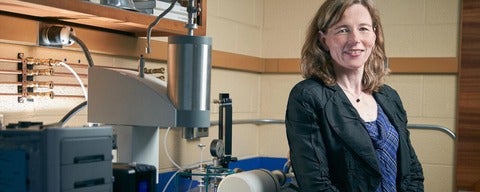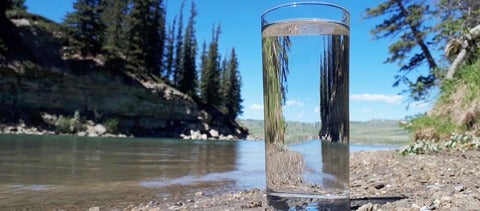In the media: Scientists surprised at Fort McMurray fire's long-term impact on rivers
Water Institute member Monica Emelko, professor in the Department of Civil Engineering, comments on her research on Fort McMurray's water supply in an article written by Bob Weber for CBC News.
In May 2016, the Fort McMurray wildfire swept through nearly 6,000 square kilometres of boreal forest in northern Alberta. Fort McMurray lost 2,400 buildings, and 88,000 people were forced from their homes.



 University of Waterloo Press Release
University of Waterloo Press Release

